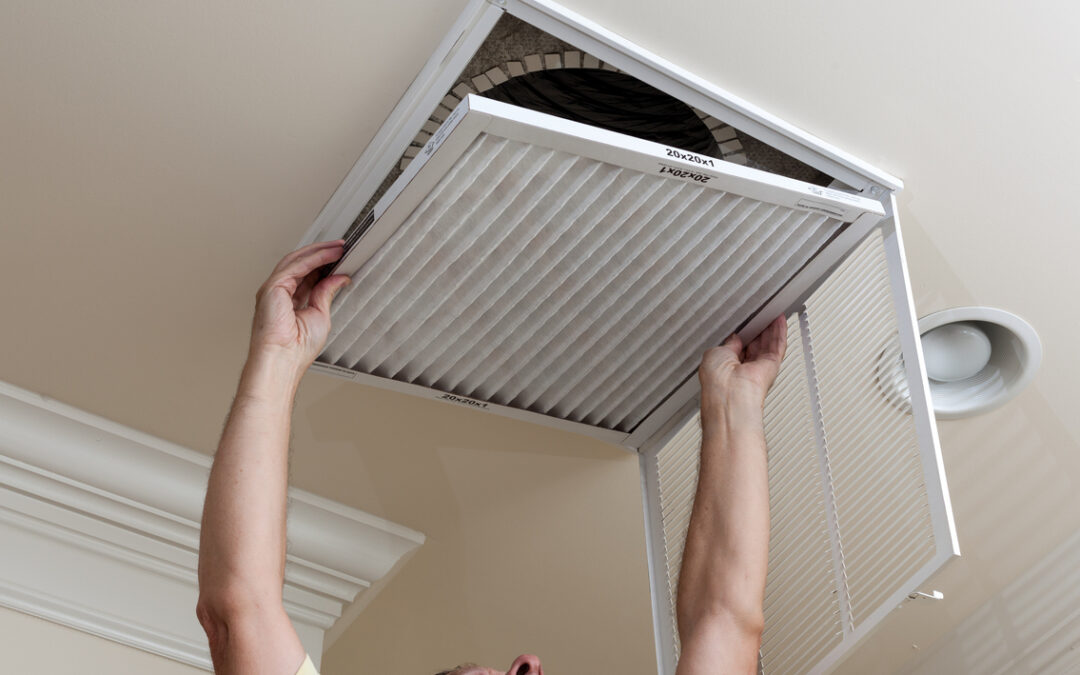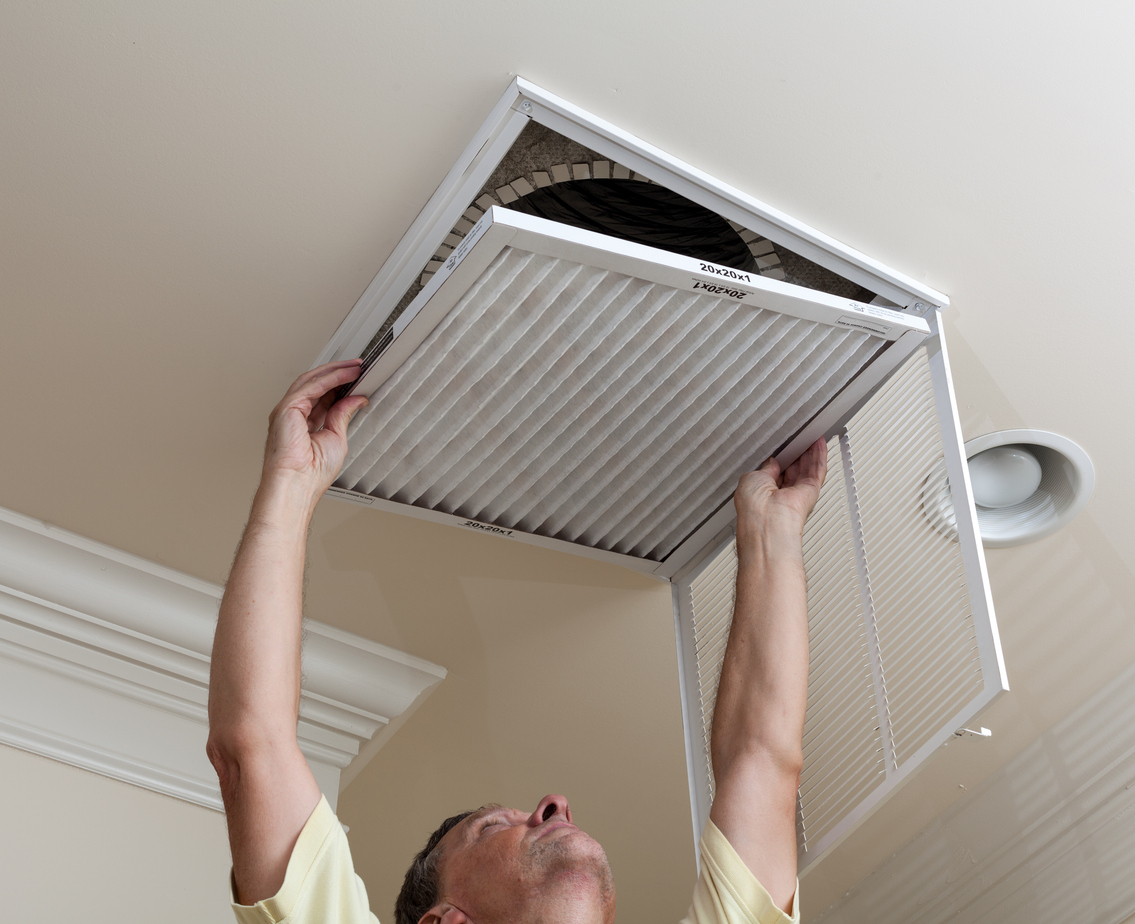Maintaining your HVAC system is essential for both comfort and indoor air quality—and one of the simplest yet most commonly overlooked tasks is replacing the air filter. So, can a dirty air filter really affect your HVAC system’s performance? The answer is a definitive yes. A clogged or neglected filter can lead to reduced system efficiency, poor air quality, increased energy costs, and even costly repairs.
How Dirty Air Filters Impact HVAC Performance
A clean air filter allows for proper airflow, which is critical to the efficient operation of your HVAC system. When the filter becomes dirty or clogged, airflow is restricted, forcing the system to work harder to maintain your desired temperature. This added strain can lead to overheating, short cycling, frozen evaporator coils, and unnecessary wear and tear on key components.
Reduced Indoor Air Quality
When a filter is no longer able to capture dust, pollen, pet dander, and other airborne contaminants, these pollutants are recirculated throughout your home. This can aggravate allergies, asthma, and other respiratory conditions—especially during the summer months when systems are running more frequently and homes are often sealed to keep cool air in.
Higher Energy Bills
Restricted airflow doesn’t just impact comfort—it also drives up your energy usage. According to the U.S. Department of Energy, replacing a dirty filter can lower your air conditioner’s energy consumption by 5% to 15%. That kind of improvement can make a noticeable difference on your monthly utility bills, especially during peak cooling season.
Shortened System Lifespan
Your HVAC system is designed to operate within specific parameters. When it’s forced to work harder due to poor airflow, components like motors and compressors can wear out faster. Over time, this can lead to premature system failure and expensive repairs or replacement. Routine air filter maintenance helps prevent unnecessary stress and extends the life of your system.
How Often Should You Change Your Air Filter?
The ideal frequency for changing or cleaning your HVAC filter depends on several factors: the type of filter, the presence of pets, household size, and air quality concerns. As a general rule, filters should be checked monthly and replaced at least every 90 days. Homes with pets, allergy sufferers, or high dust levels may require more frequent changes.
High-efficiency filters, such as HEPA filters, offer better filtration but may also need to be replaced more often, depending on your environment and your HVAC system’s compatibility.
Keep Your HVAC System Running Smoothly
At Springs Heating & Cooling, we know how important a clean air filter is to the overall performance of your HVAC system. From seasonal maintenance to expert filter replacement, our technicians are here to keep your system running efficiently and your indoor air healthy.
Schedule Your HVAC Service Today
If it’s time for HVAC maintenance or you suspect your system is struggling due to a dirty filter, don’t wait. Contact Springs Heating & Cooling today at (719) 235-3779 or fill out our online form to schedule service. We’re proud to serve homeowners in Colorado Springs, CO, with reliable solutions for year-round comfort and peace of mind.


